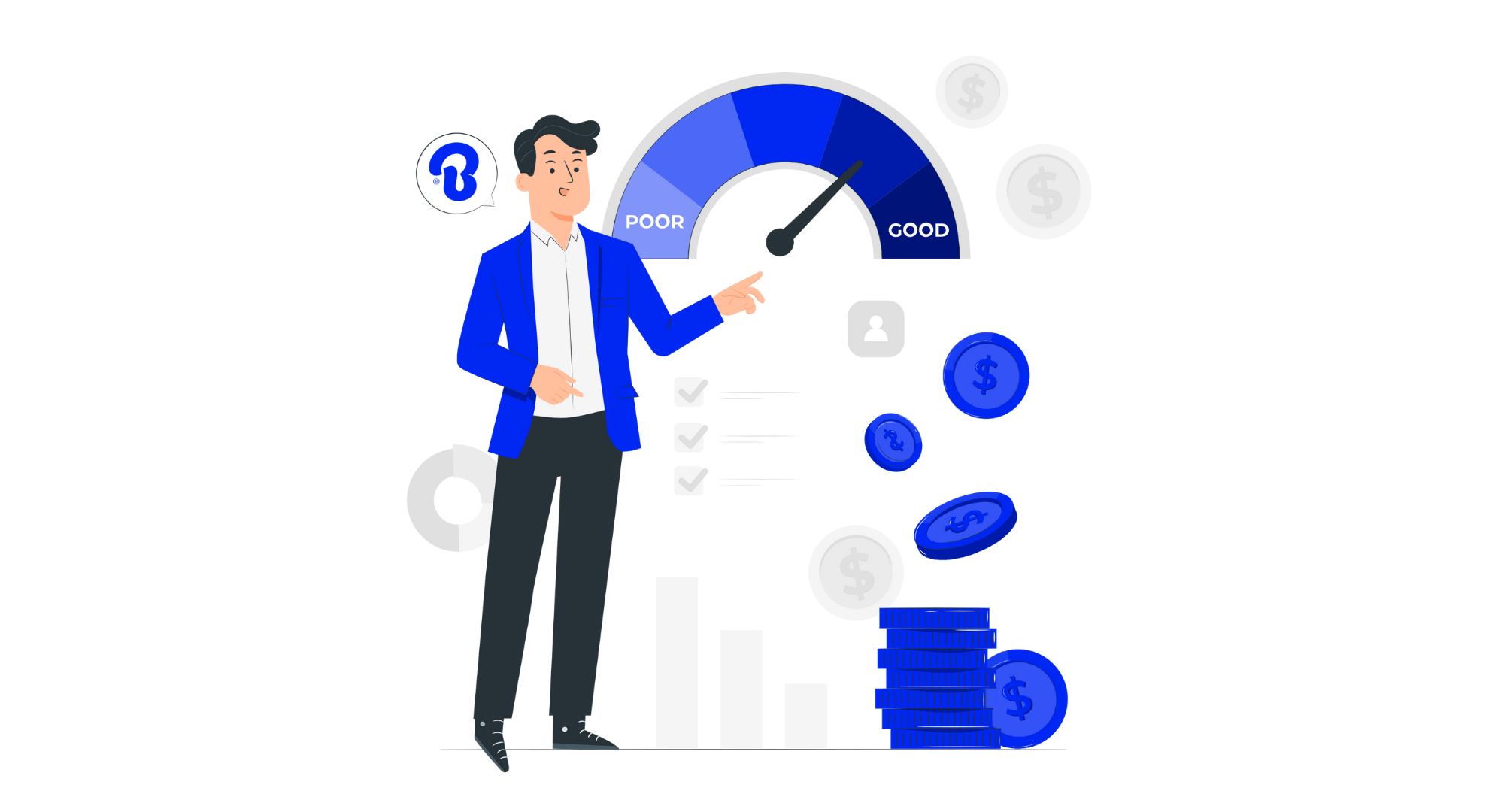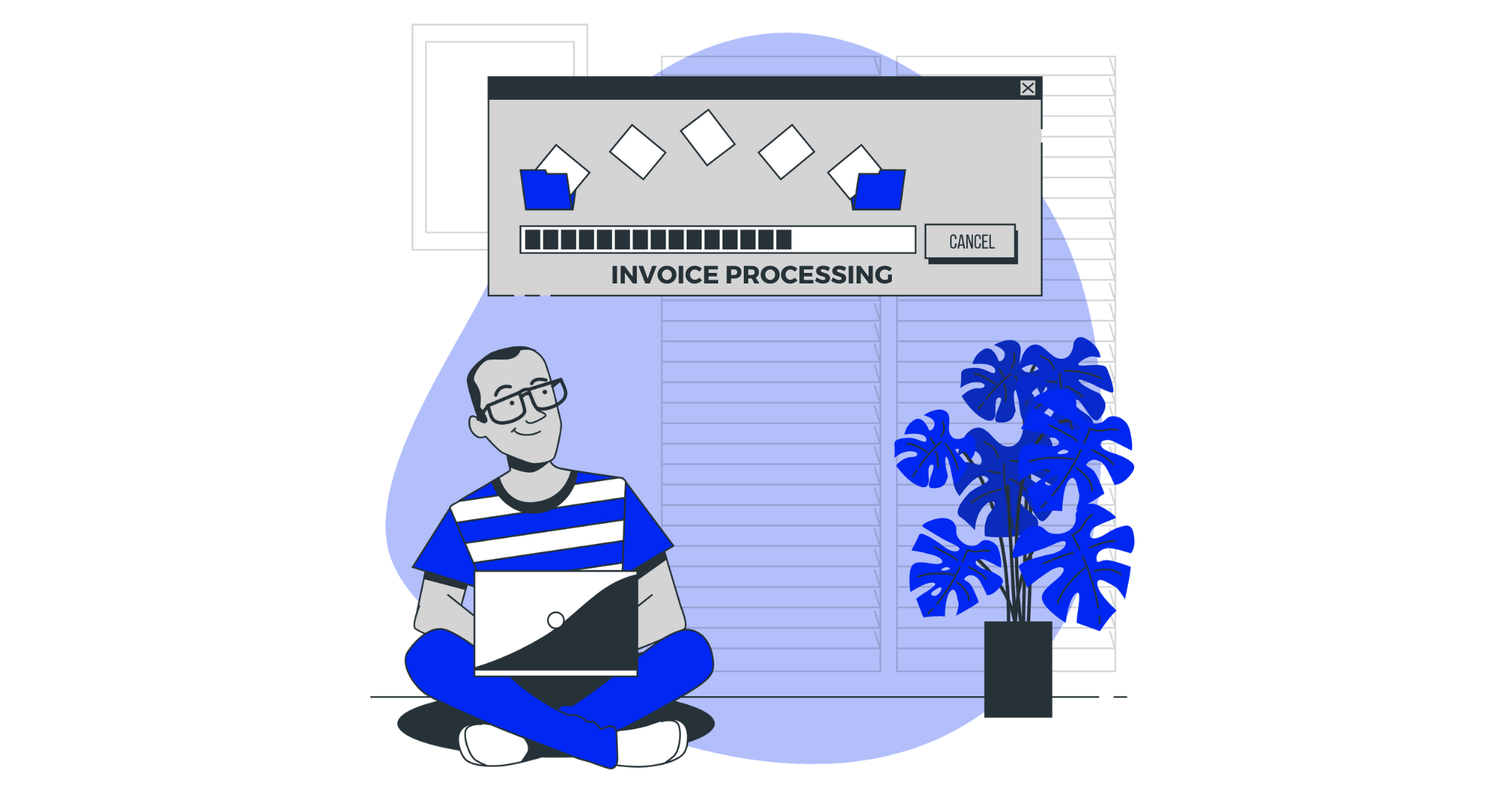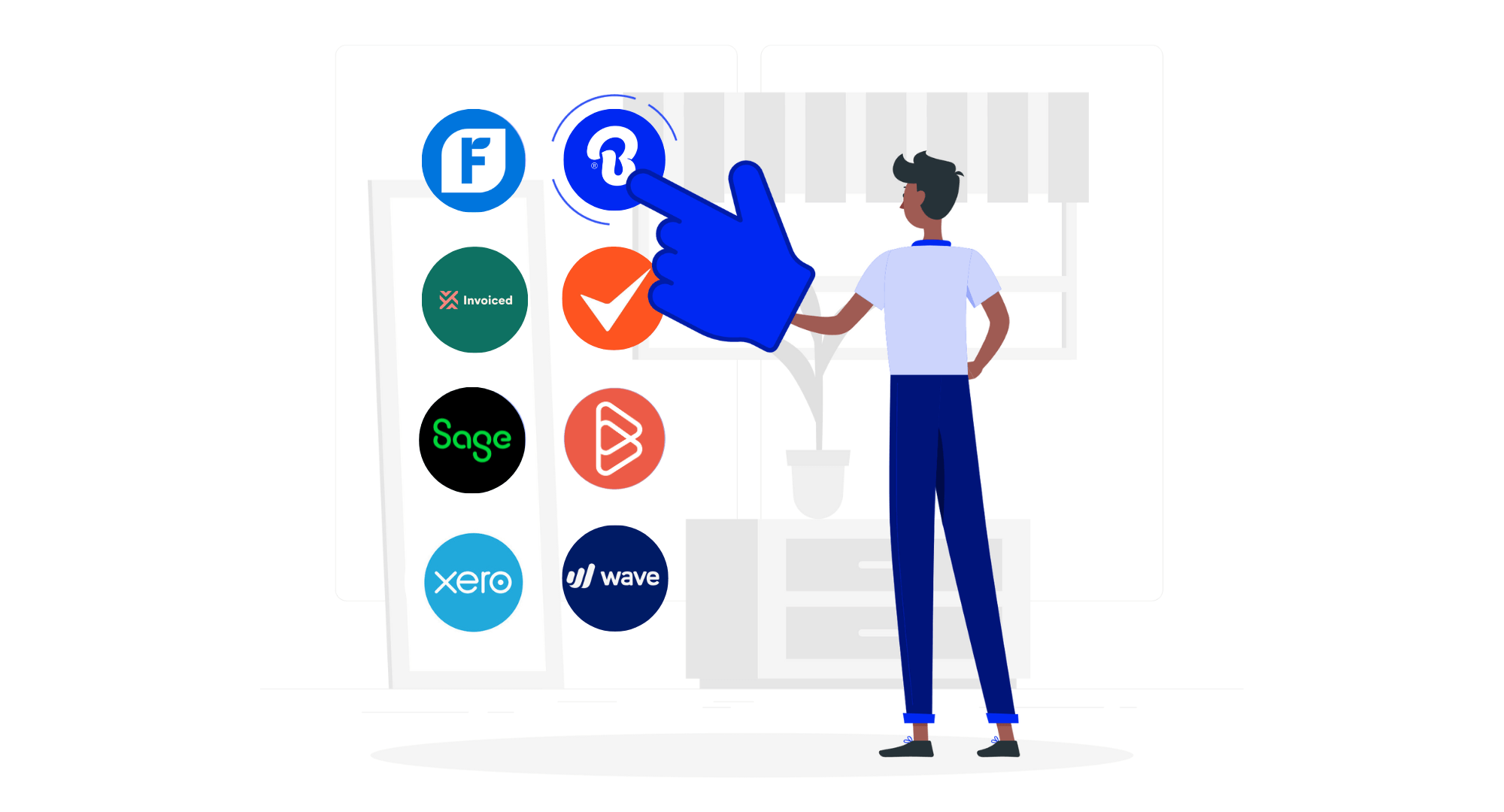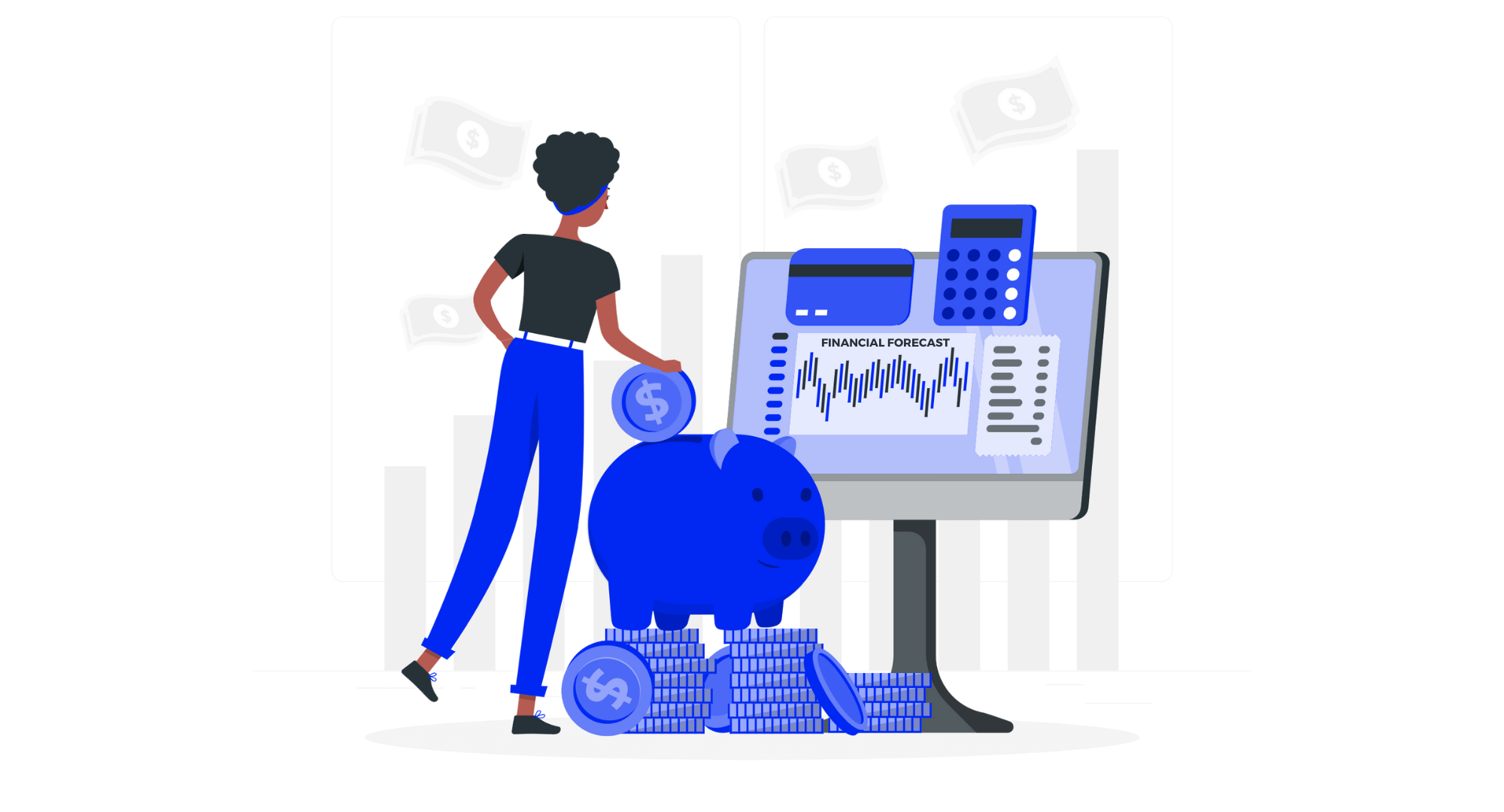How to Evaluate the Saleability of your Business?
Part of buying a business is the ability to evaluate its saleability. Consider this when it comes to selling. There are a host of both good and bad attributes that influence whether or not you’ll be able to sell your business for a premium price or not. Your job is to get rid of any negatives and build up your positives. In order to do this, you need to look over every aspect of your business from a buyer’s perspective. The key areas you have to take a good hard look at include:
- Customers – Any potential buyer you have is going to look at your customers, and they want to see a loyal and established customer base that will stick with the business after you sell it. The greater your ability is to demonstrate that you have a loyal and large customer base, the more appealing your company is to any buyer who looks at it.
- Employees – Your employees make up your business’ backbone. Can a buyer trust your staff, and are they experienced enough to provide business continuity after you sell? Are your key players under a contract that ensure they stay with the business for a set period after it changes ownership? If not, this could impact your ability to sell.
- Market Position – A strong company is very well differentiated in your direct market. This business offers services and products that are different from those of the competition, and they enjoy a very strong position in the market as a result. Buyers will look hard at your company’s operational processes and products to gauge the business’ ability to hang on to the current market position after the sale.
- Net Worth – Financial stability is critical to buyers. The best buyers want to see that a business’ assets are higher than its liabilities, and they also want assurances that future business revenue will be able to cover any financial obligations the business may have moving forward.
- Profitability – One of the first things any prospective buyer wants to know is whether or not your business is turning a profit. They want to see a healthy bottom line, and they also want to see an upward growth trend that showcases increasing revenue over multiple years. You should have a realistic financial projections for the next few years on hand.

Things a Buyer May Ask About Taking Over Your Business
Ideally, you should have a legal team helping you through the process, as they can give you valuable insight into the buyer’s mind. They help you understand the key things to know when you’re buying or selling a business. Buyers will most likely want to know about:
– Taxes and Payroll Taxes
If someone buys your business, the ATO can then come after the buyer if they find out you owed sales taxes, had issues with payroll or owed other business taxes. It’s essential that you can prove that you’re up to date with your employment tax payments, especially if you have other employees and you’re using a payroll service. The buyer may also request that the ATO issue a clearance letter for your business that states that you are currently caught up and clear on your taxes. It can take a few weeks to get this letter.
– Accounts Receivable
At your closing date, there is a good chance that some of your clients will still owe the business money. Who is responsible for collecting these overdue payments and unpaid invoices? The first option is to allow the buyers of the business to purchase the accounts at closing, with a discount to protect against the possibility of non-payment, or you can collect them yourself whenever you’d like.
Many buyers will choose to simply include your accounts receivable in the original purchase because this gives the buyer a better chance to negotiate if the late-paying customer wants additional products or services after the sale closes.
Following this approach, sending late payment reminder emails becomes a strategic tool for maintaining positive cash flow and leveraging negotiations with clients post-sale.
– Your Lease
Do you own or lease the property in which you have your business? If you lease, the buyer may ask you how much time you have left on the lease term. They’ll also have to find out if your current landlord will allow them to assume your lease “as is” without a rent increase. If the lease has less than two years left to run, the seller may want to negotiate a new lease with a 5 or 10-year run.
They may also ask about your security deposit, because they’ll most likely want to buy this along with the agreed-on price for the assets. If you want to include the security deposit in the final purchase price, make sure you put this in writing.
– Prepaid Expenses
Do you have any prepaid expenses your buyer will want to know about? Maybe you bought a years’ worth of advertising in the local paper, and you’d like the seller to reimburse you the cost left over when you sell. Most prepaid expenses aren’t a part of your security deposit, and you usually don’t include them in the sale price. However, you would usually add them on at closing.
The buyer may request a list of closing adjustments, and these are anything that you have prepaid that the buyer will have to pro rate in order to budget for them. This ensures that there are no nasty surprises all round.
– Indemnity
Even if the buyer has gone over all of your books with a fine-toothed comb, most buyers will request an indemnity so they don’t get sued for something you did or forgot to do before you sold. An indemnity is a document that promises your buyer that will you defend the lawsuit and pay all fees and judgements if required. The buyer should also have an indemnity for you that promises the same thing if a lawsuit were to arise as a result of their own actions, or their inactions, as the case may be.
– Employees
You most likely have one or two key employees, or possibly more, and the buyer should get to know them. Ideally, these employees will stick around after you sell your business. These are the people who see your customers on a day to day basis, run all of the machinery, and know all of the ins and outs of the organisation and how it operates. Your buyer should have a chance to meet your key employees before the sale, but you don’t necessarily have to announce you’re selling until two or three days before closing.
The buyer may ask to add a provision that states they can walk away from the entire deal if they’re not 100% satisfied that your key employees will stay with the business long enough to allow the seller to learn from them. You may have already included this in your employee contracts, and you can show this documentation to the buyer as a form of proof.

How Can Billdu Assist with Your Financial Management?
Hopefully our guide to buying a small business for dummies, and the implications this has for the seller, has given you some insight into what to expect during the process.
Most of the information contained in this guide has direct ties to your business’s financial records. This is because the buyer will want to see proof that your business is doing well and that it has steady growth.
Billdu simplifies this process by helping you to directly prove the financial health of your business to the buyer. Billdu handles this by allowing you to track all of your income electronically, so you have a solid record of all transactions and balances. The solution is a cloud-based software that gives you complete control over your business finances. When you track everything electronically, this allows you to see growth patterns very quickly and easily, and you can use this information for your own purposes or to help with the sale.
Additionally, you can use the information you get from Billdu to create sales projections extending far into the future, and you can show these to your potential buyers. This shows your business in the right light, proving that it is a well organised and stable investment, and buyers are more likely to take you seriously as a result. Billdu also allows you to track and print individual or batch income documents, so you have these all ready to go when you meet with your buyer.















